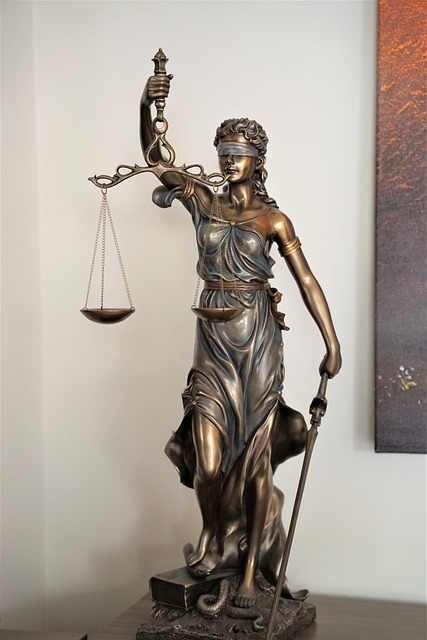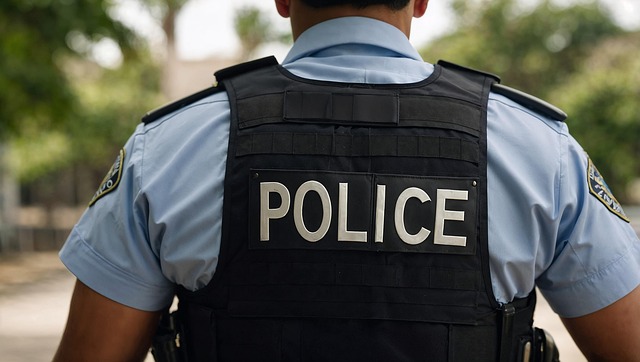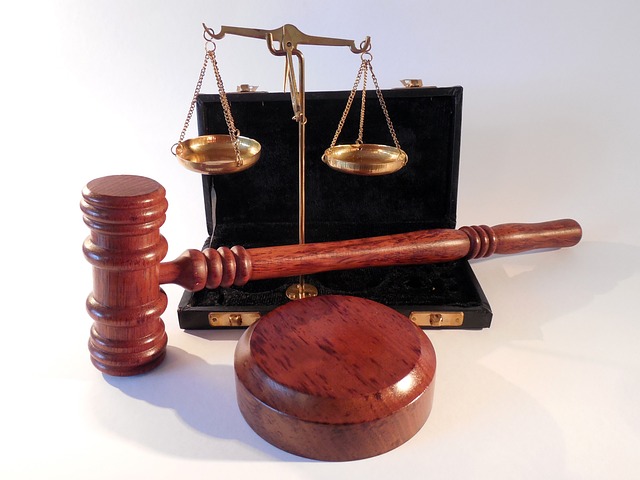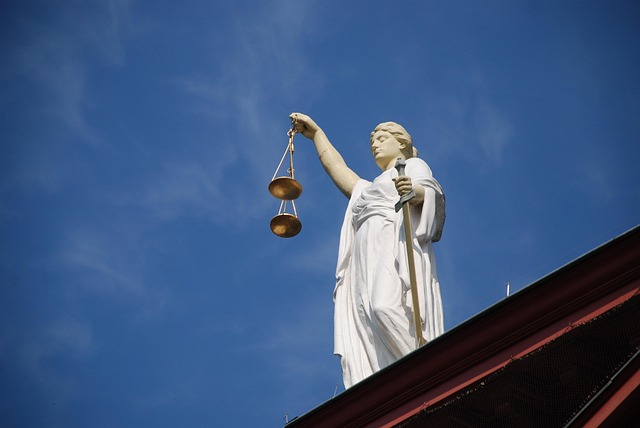Public corruption cases require robust evidence like financial records, witness testimonies, and forensic audits, distinct from personal injury claims needing harm, negligence, and damages. Defendants use complex strategies to evade prosecution, necessitating investigators uncovering hidden assets and documents. The burden of proof rests on the accused, leading to potential fines, imprisonment, and reputational damage if convicted.
“In the intricate web of governance, public corruption charges cast a shadow of mistrust. This article navigates through the legal intricacies of understanding these charges, offering a comprehensive guide on what constitutes compelling evidence in corruption cases. From defining public corruption to exploring the consequences, we delve into the process and implications. As with any significant legal matter, including personal injury claims, gathering robust evidence is pivotal for a successful outcome. Thus, this piece illuminates the path towards comprehending and proving corruption offenses.”
- Understanding Public Corruption Charges: Legal Definition
- What Constitutes Convincing Evidence in Corruption Cases?
- The Impact and Consequences of Accused Corruption Offenses
Understanding Public Corruption Charges: Legal Definition

Public corruption charges are legal proceedings against individuals or entities within a government or public institution who engage in dishonest or illegal practices for personal gain. This can include a wide range of activities, from bribery and fraud to abuse of power and conflict of interest. Understanding these charges requires delving into the legal definition set by each jurisdiction. In essence, corruption involves using one’s position to obtain unauthorized benefits, whether financial or otherwise, which undermines public trust and distorts the functioning of institutions.
Unlike personal injury claims that require evidence of harm, negligence, and damages, public corruption cases have a distinct set of criteria. The onus is on prosecutors to present compelling evidence of illicit agreements, misappropriation of funds, or unauthorized use of power. This evidence needed for a public corruption charge often involves detailed financial records, witness testimonies, and forensic audits. An unprecedented track record of integrity in a respective business or governmental body can also serve as a defense strategy, highlighting a commitment to transparency and adherence to legal frameworks, which is crucial in differentiating between legitimate practices and criminal conduct.
What Constitutes Convincing Evidence in Corruption Cases?
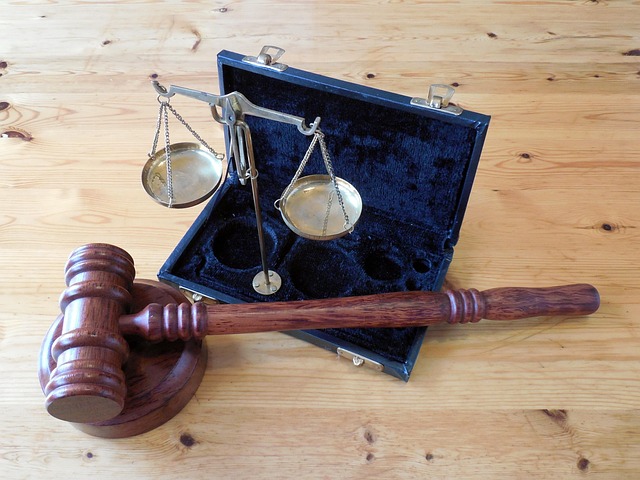
In public corruption cases, convincing evidence is paramount to secure a conviction. Unlike personal injury claims where tangible injuries and medical records are crucial, corruption cases often hinge on intricate financial transactions, documents, and witness testimonies. Prosecutors must present a robust case that establishes guilt beyond a reasonable doubt, employing a comprehensive array of evidence including but not limited to financial records, emails, and direct observations from reliable sources.
The uniqueness of white-collar crimes demands an understanding of the dynamics within philanthropic and political communities. Defendants often employ sophisticated strategies to avoid indictment, such as hiding assets, destroying documents, or using complex financial structures. Therefore, investigators must be adept at unearthing hidden evidence and connecting seemingly disparate pieces to build a compelling case that highlights the defendant’s intent and malicious actions.
The Impact and Consequences of Accused Corruption Offenses
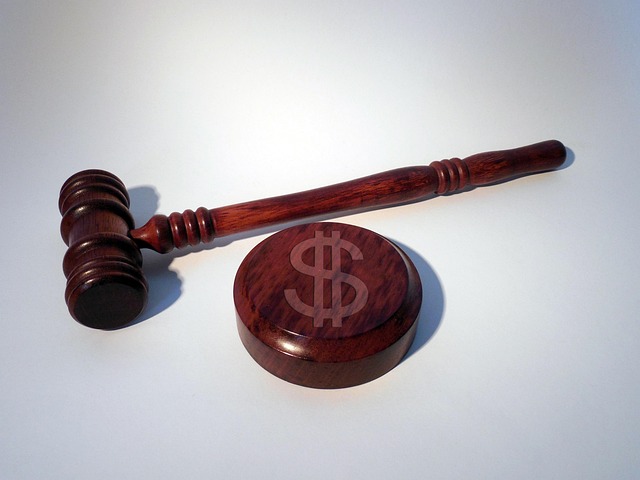
When a public figure is accused of corruption, the repercussions can be far-reaching. These offenses erode public trust in institutions and can lead to significant social and political implications. The impact often extends beyond the individual, affecting the broader philanthropy and political landscape. A successful defense strategy in such cases not only hinges on presenting a compelling narrative but also on navigating complex legal procedures. Accused individuals face an uphill battle, as the burden of proof lies heavily on them to provide evidence that disproves the charges, especially when seeking winning challenging defense verdicts.
The consequences of corruption allegations can be severe. If convicted, it may result in criminal penalties, including fines and imprisonment. Additionally, those accused might suffer reputational damage, leading to loss of support from their political communities. Moreover, a corrupt official’s ability to shape policies and decisions could be compromised, affecting future initiatives and strategies. By providing robust evidence needed for a personal injury claim, defendants aim to avoid indictment and protect their interests in a fair legal process.
Public corruption charges carry significant weight, impacting not just the accused individual but also public trust. Understanding the legal definition, recognizing strong evidence, and considering the wide-reaching consequences are crucial steps in navigating these complex cases. Similarly to evaluating the evidence needed for a personal injury claim, the focus should be on clarity, substantiation, and intent. By upholding high standards of proof, society can ensure that justice is served, fostering transparency and accountability in public office.
